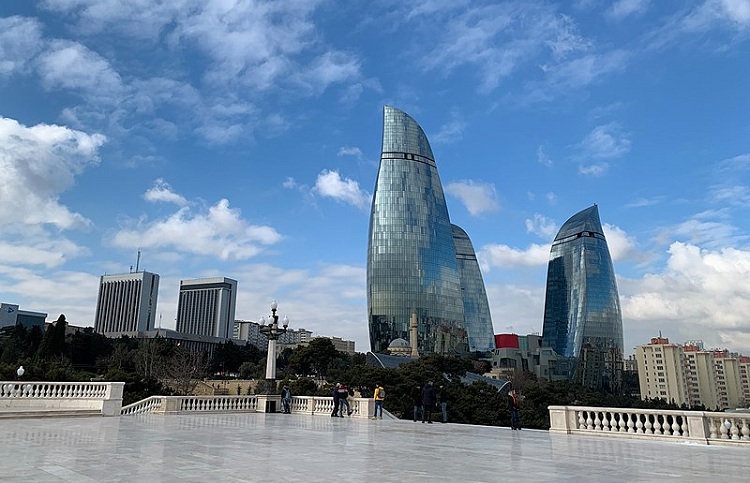Eduardo González
The Government plans to open, throughout 2022, new ‘diplomatic antennae’ in Armenia, Belarus and Uzbekistan and to transform the current ‘diplomatic antennae’ in Georgia and Azerbaijan into Embassies.
According to the draft General State Budget (PGE), the objective of the Ministry of Foreign Affairs is to promote “structured dialogue with the countries of the Eastern Neighborhood of the EU, and with the Central Asian Republics in the framework of the new EU-Central Asia Strategy”, although “special mention should be made of the Ukrainian crisis and the future of our relations with the Russian Federation in the light of the sanctions policy introduced by the EU”.
In these circumstances, the “reinforcement of our diplomatic presence in the area is foreseen: with the opening of diplomatic antennae in Armenia, Belarus and Uzbekistan”, three countries of the former Soviet Union whose relations with Spain are currently managed from the Embassy in Moscow. In addition, the project foresees the “transformation” of the current ‘antennae’ in Azerbaijan and Georgia – where an ad interim chargé d’affaires attached to the Embassy in Turkey resides – into Embassies.
Uzbekistan, Belarus and Armenia have open Embassies in Madrid, as do Azerbaijan and Georgia. All of them have long been asking Spain to do the same in their respective capitals, something that other European countries have done.
The creation of ‘diplomatic antennae’ -which involves the appointment of a person in charge ad interim and the establishment of a headquarters for the representation of Spain- allows the presence in countries where there is no Embassy, although at a lower cost, and facilitates the task of the heads of mission who are accredited to several countries at the same time. At present, Spain has a ‘diplomatic antenna’ in Fiji, Burma, Gambia, Chad and Iceland, in addition to the two mentioned above that are going to become Embassies.
The project for the opening of the three ‘antennas’ in Armenia, Belarus and Uzbekistan was already included in the Foreign Ministry’s Foreign Action Strategy 2021-2024, but without specifying when it could be carried out. Diplomatic sources had warned that the opening of these ‘diplomatic antennae’ would depend, to a large extent, on budgetary availabilities.







